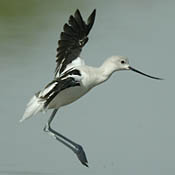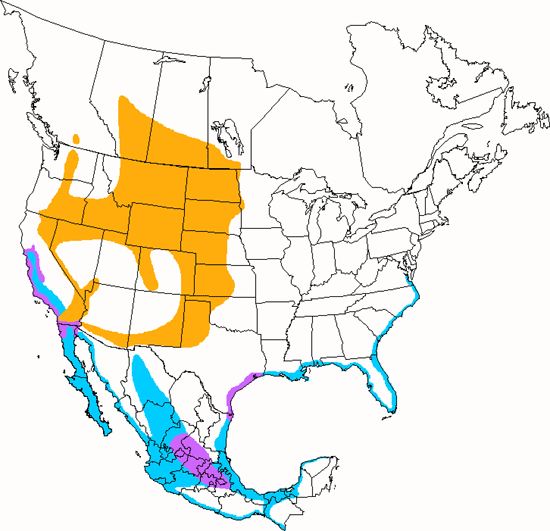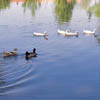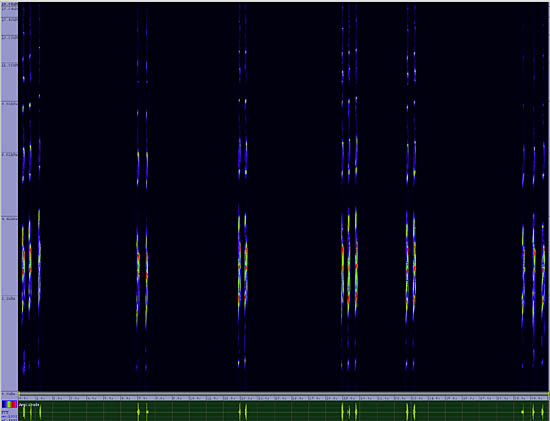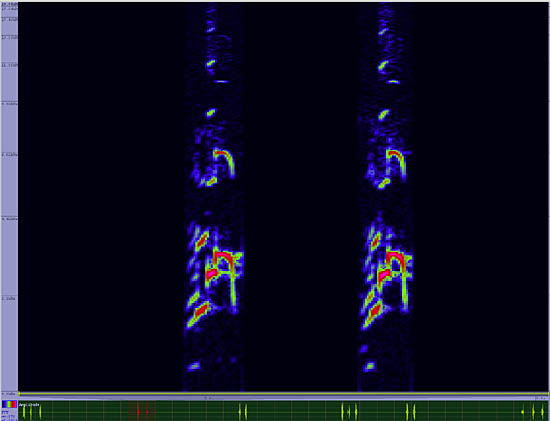American Avocet
Recurvirostra americana

Upright Perching Water Birds
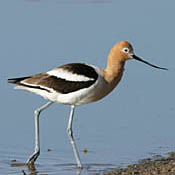
Length: 18 in. (46 cm )
A noisy and obvious resident of inland marshes, mud flats and ocean estuaries, the American Avocet uses its long legs and peculiarly upturned bill to stir up aquatic invertebrates underwater. Often nesting together with other pairs of avocets in a loose colony, they are all quick to fly over the heads of intruders and dive bomb them with loud callings. It commonly swims when the water is too deep to wade in. The nest is a shallow depression near water in sand or gravel and often in the shade of an isolated bush. The adults have orangish heads and necks in the breeding season that become whitish for the rest of the year.
The four-digit banding code is AMAV.
Bibliographic details:
- Article: American Avocet
- Author(s): Dr. Biology
- Publisher: Arizona State University School of Life Sciences Ask A Biologist
- Site name: ASU - Ask A Biologist
- Date published:
- Date accessed:
- Link: https://askabiologist.asu.edu/activities/bird/american-avocet
APA Style
Dr. Biology. (). American Avocet. ASU - Ask A Biologist. Retrieved from https://askabiologist.asu.edu/activities/bird/american-avocet
Chicago Manual of Style
Dr. Biology. "American Avocet". ASU - Ask A Biologist. . https://askabiologist.asu.edu/activities/bird/american-avocet
Dr. Biology. "American Avocet". ASU - Ask A Biologist. . ASU - Ask A Biologist, Web. https://askabiologist.asu.edu/activities/bird/american-avocet
MLA 2017 Style
Be Part of
Ask A Biologist
By volunteering, or simply sending us feedback on the site. Scientists, teachers, writers, illustrators, and translators are all important to the program. If you are interested in helping with the website we have a Volunteers page to get the process started.

